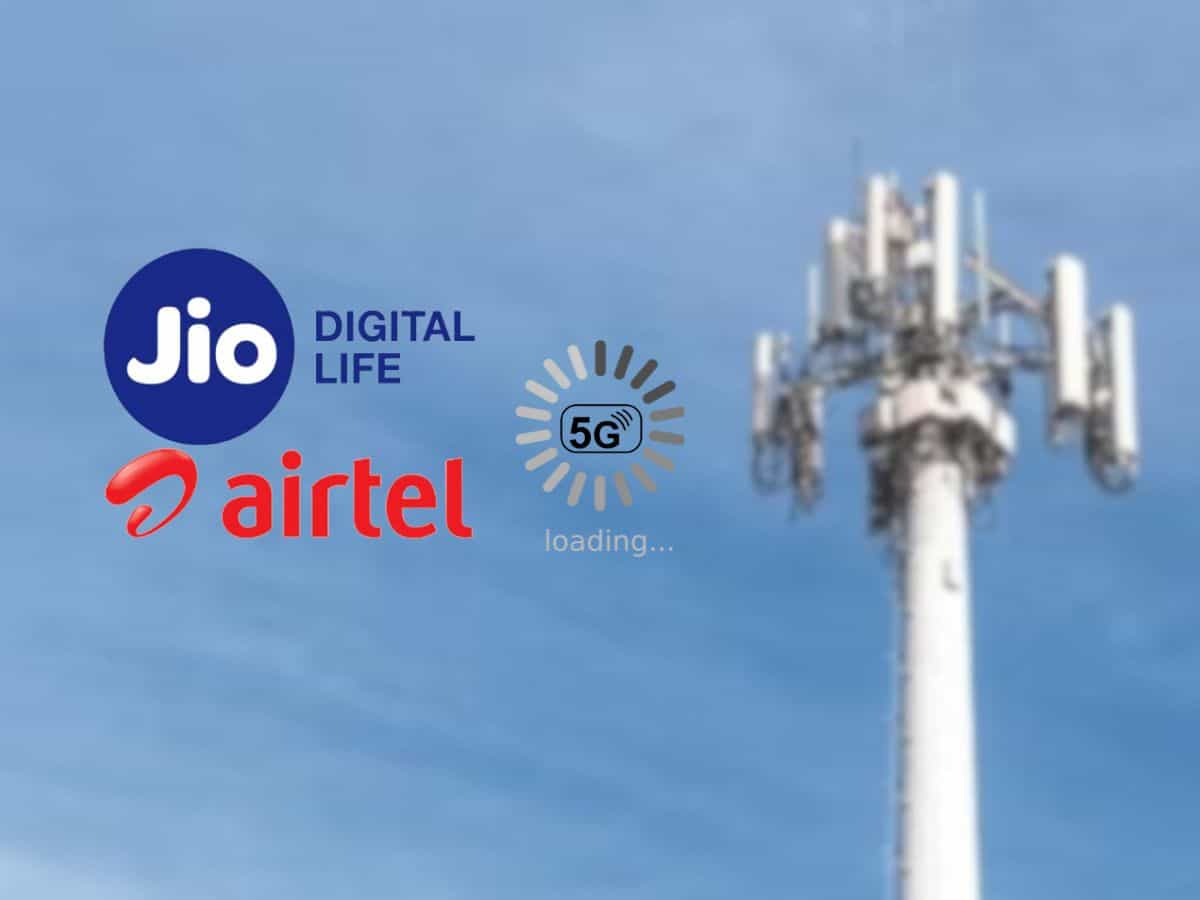
Hyderabad: In a report published on October 17, customer connectivity research platform Opensignal said that after two years of its introduction, 5G connectivity speed has decreased sharply in the country, despite the operators increasing tariffs in 2024.
The report says there is a significant decline in the average download speed of Jio and Airtel, the sole 5G providers in India, due to network congestion.
It states that Jio and Airtel network congestion issues are a result of faster 5G adoption and increased data consumption per 5G subscriber.
As the number of 5G users increases, the network operators the challenge of managing spectrum resources effectively. The study found that 16% of 5G connections in India use low-band (700MHz) spectrum, which offers extensive coverage but limits speed.
The rest use the upper mid-band 3.5GHz spectrum. The increased traffic in the upper bands forces the providers to scale back to mid-band transmission, which offers wider connectivity with lower speed.
The report is based on Opensignal’s study of network connectivity experiences of users in India, between the period of June 1 and August 29, 2024. The report says that India leads in terms of 5G availability regionally.
BSNL, Vi continue to struggle in the two party game
The report says while Jio and Airtel continue to spearhead the race of 5G connectivity in India, Vi (Vodafone + Idea) and the Government of India-owned BSNL are finding it hard to hold their feet in the telecom game. While Vi is continuing with its financial difficulties and is unable to provide 5G networks, the struggling BSNL is trying to provide its users with wider 4G connectivity.
Indian Telecom industry has become a two-party contest, with Bharti Airtel Communications and the Mukesh Ambani-owned Reliance Jio dominating the country’s telecom business in terms of number of users, coverage, 5G connectivity network speed, etc.
According to a letter sent to the Telecom minister Jyotiraditya Scindia describing the perils of the state-owned telecom company, BSNL employees union, the absence of 4G and 5G service, the state-run firm has been losing customers while private operators, Reliance Jio and Airtel, are gaining new customers.
“BSNL is barred from procuring standard 4G equipment from global vendors such as Nokia, Ericsson and Samsung, at par with Reliance Jio and Airtel. Instead, BSNL is compelled to procure its 4G equipment only from indigenous equipment manufacturers, which has greatly delayed BSNL’s 4G, as well as 5G service launchings,” the letter said.
With the state-owned player being absent from the top competition, private providers have a free hand to increase tariffs at their ease. According to the BSNL employees, if the company was in the game giving neck-to-neck competition with Jio and Airtel, the companies would have cautioned themselves to not increase the tariff steeply (10-27 per cent) as they did earlier this year, in July 2024.
